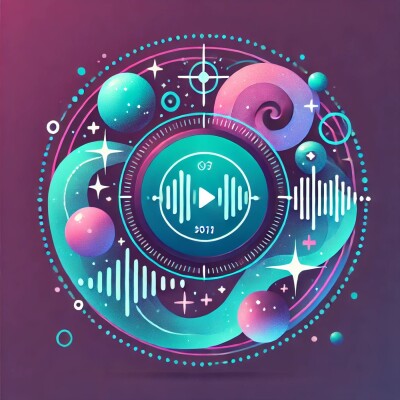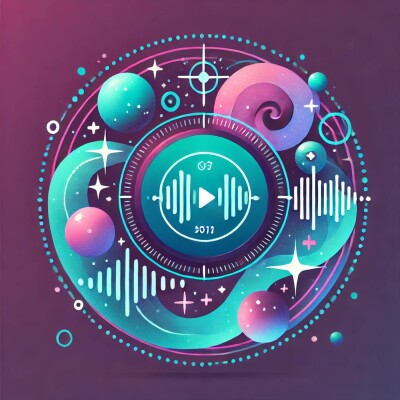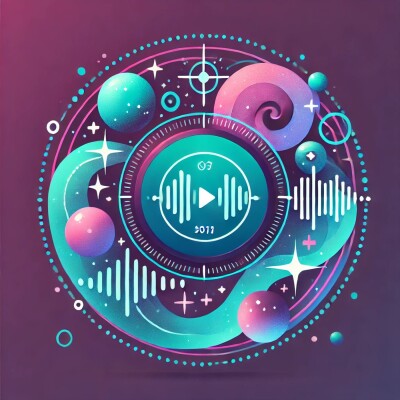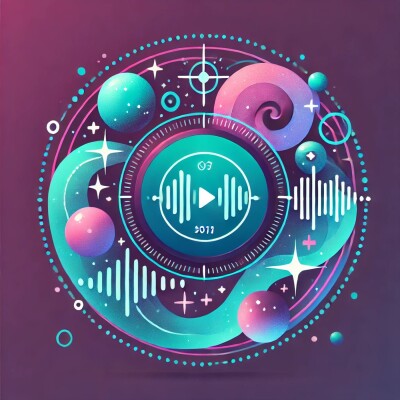Description
Astrology and Neuroscience: When the Stars Meet the Brain
Astrology, often regarded as an esoteric practice, might have deeper connections to measurable processes in the human brain. In this episode of the Astrovibe.fr Podcast, we delve into the fascinating intersection of astrology and neuroscience. How do astrological symbols shape our perception? How do beliefs in astrology influence decision-making and mental well-being? Here’s a glimpse of the topics we explore.
How the Brain Perceives Astrological Symbols
Astrological symbols—zodiac signs, houses, and planetary aspects—carry universal and symbolic meaning. But how does the brain process these symbols?
The Role of Mirror Neurons: These neural structures, activated by familiar imagery or concepts, may explain why we resonate with astrological descriptions.
Studies on Brain Processes: Emerging research shows that astrological symbols stimulate areas of the brain associated with memory and emotion, enhancing their psychological impact.
The Power of Symbolic Language: Astrology uses metaphors that deeply connect with the brain’s pattern-recognition systems, encouraging self-reflection and insights about our place in the world.
The Influence of Astrological Beliefs on Behavior
Whether you’re a firm believer or a curious skeptic, astrology can influence your choices—sometimes without you even realizing it. This episode examines the psychological impact of astrological beliefs:
Decision-Making: Beliefs in astrology can shape decisions in relationships, career paths, and stress management. For instance, perceiving a planetary transit as favorable might encourage bold actions.
Mental Well-Being: For many, astrology offers a comforting framework for navigating life’s challenges. It provides a sense of meaning and control, reducing anxiety in uncertain times.
Placebo Effect or Real Support?: We explore how astrology, even without scientific validation, can act as a cognitive tool to structure thoughts and enhance emotional resilience.
Learn More
This episode references recent research and offers practical resources for deeper exploration. Platforms like Astrovibe.frprovide modern tools to explore astrology while encouraging reflection on these innovative ideas.
🎧 Tune in to this captivating episode of Astrovibe Podcast to discover how neuroscience sheds light on our connection to astrology.
Available on Spotify, Apple Podcasts, Deezer, and all major platforms. Transform your understanding of astrology and its role in mental and emotional well-being. 🌟
🌟 Visit Astrovibe.fr to start your astrological journey today!✨ Explore More at Astrovibe.fr ✨
Discover in-depth astrology insights, personalized horoscopes, and tools to unlock your birth chart on our website. Visit www.astrovibe.fr for blog articles, astrological guidance, and resources designed to help you navigate life with cosmic clarity.
Stay connected with us and continue your journey to self-discovery!
Hébergé par Ausha. Visitez ausha.co/politique-de-confidentialite pour plus d'informations.





